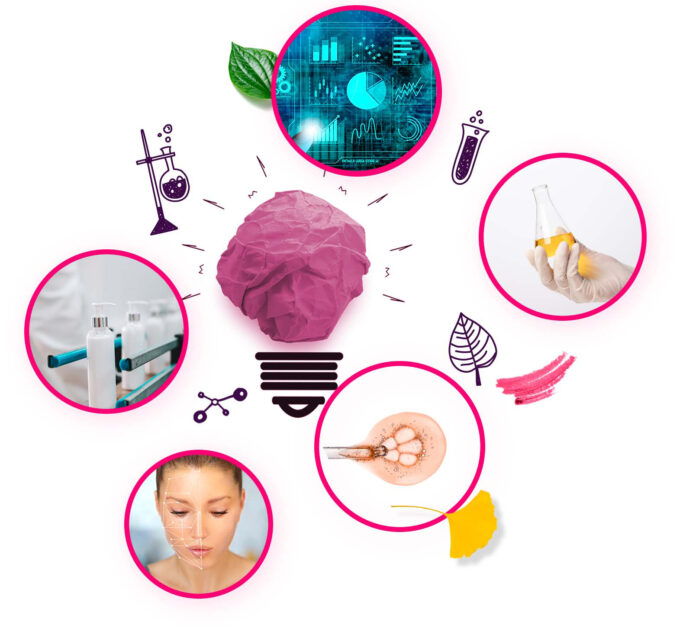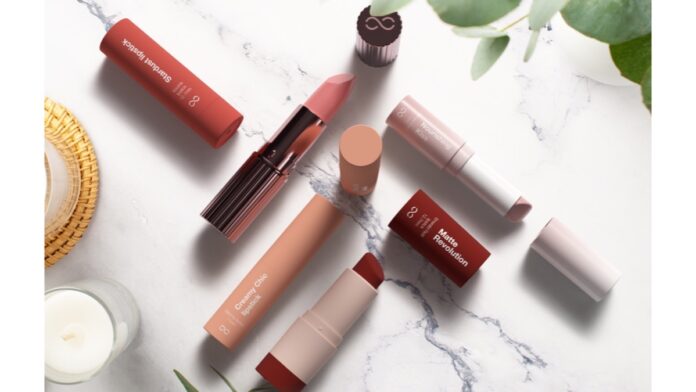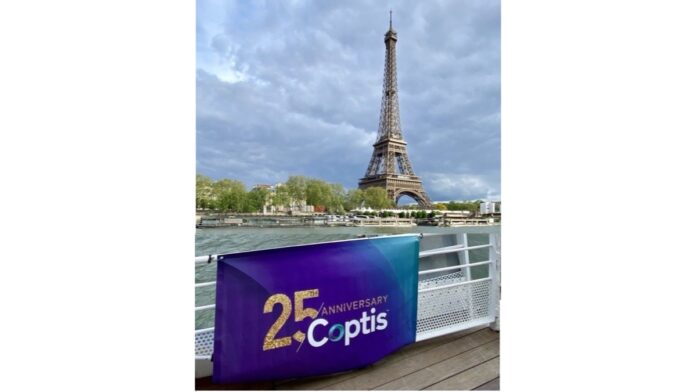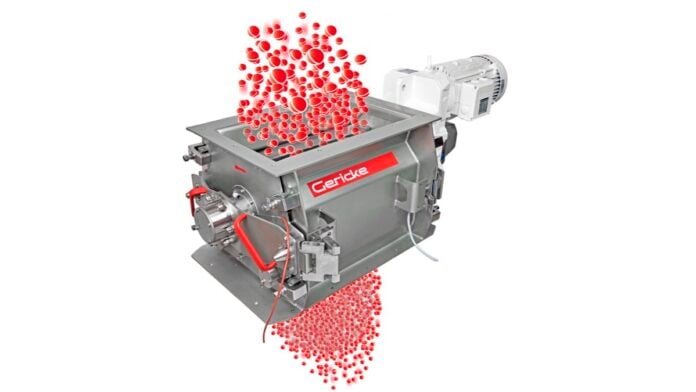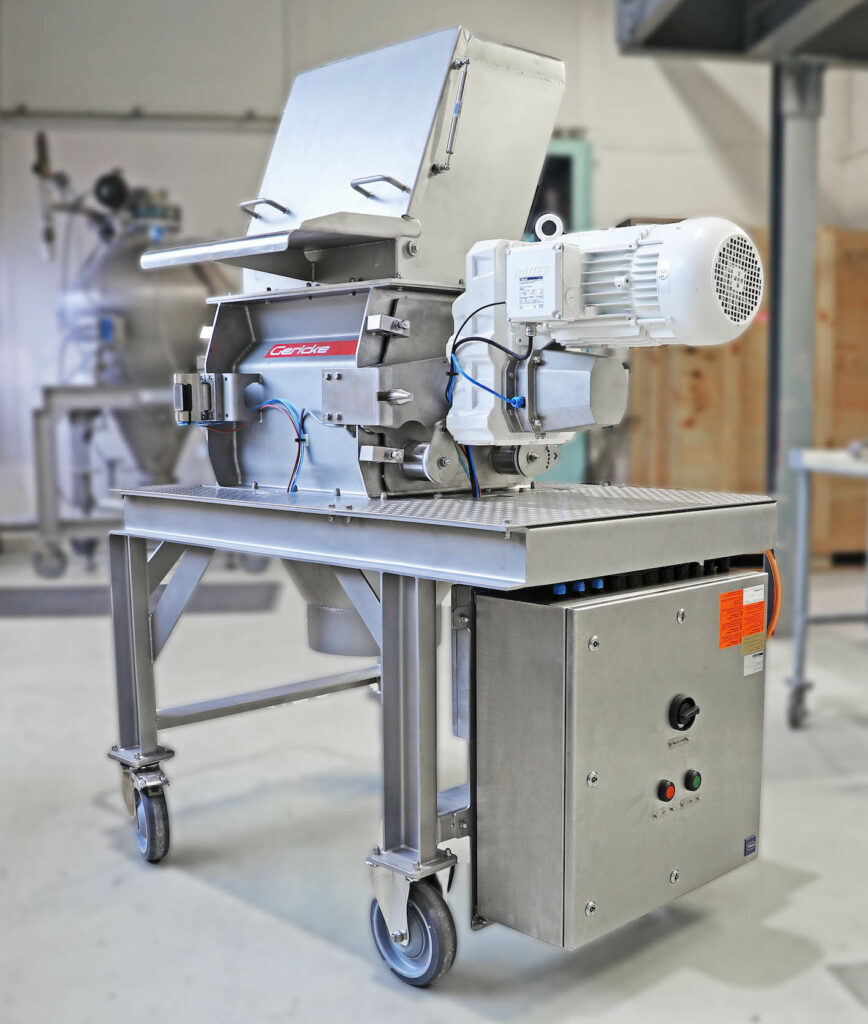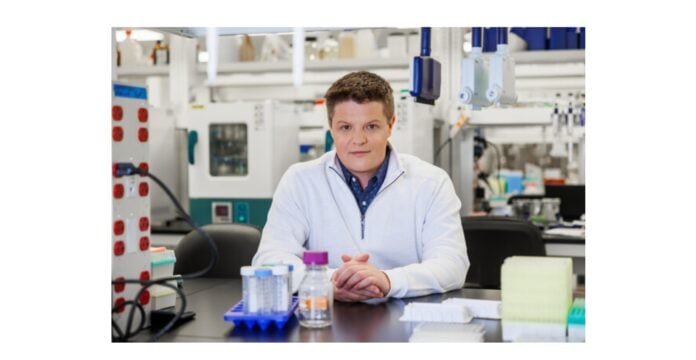Spain's Quadpack and France's PSB Industries have announced plans to merge Quadpack and PSB's main subsidiary Texen, bringing the two companies under the umbrella of PSB Industries.
"There is an extraordinary synergy between the two companies, particularly in terms of the values we share. With passionate and committed teams, a comprehensive service offering, global geographic coverage and critical size, the new group will be able to accelerate the development of its combined expertise and commitment to eco-design, in a stronger position to serve the beauty market, its brands and its consumers. With this transaction, we are strengthening our position as a major player in the transformation of materials and packaging for the make-up, skincare and fragrance markets".said François-Xavier Entremont, Chairman and CEO of PSB Industries.
Additional offers...
The complementary nature of the two companies will enable them to offer an even more complete value proposition. Texen, headquartered in Brion, France, creates customized packaging solutions for the make-up and luxury fragrance markets from its multiple plants in France, Poland, Mexico and the USA. Quadpack, headquartered in Barcelona, provides standard packaging solutions for the luxury make-up and skincare markets. It has plants in Germany and Spain, as well as an extensive sales network in Europe, the United States and Australia.
The two companies are aligned in their commitment to sustainable development and their ambition to lead the ecological transition of the beauty packaging sector.
... and synergies
Initially, the merger does not involve any change in the activities of Quadpack or Texen, which will remain autonomous entities. This will enable both companies to preserve their respective cultures, brand image and strengths, while working to build a stronger group, according to Quadpack.
In the long term, a growth plan aims to leverage the expertise of both companies, with an emphasis on sustainable transformation. "We are delighted to enter this new phase in our history. This strategic alliance will enable us to grow through access to a global customer base, an expanded industrial footprint and enhanced prospects for innovation and partnership. As family businesses, we share the same vision and common values. Our long-term commitment to social and environmental sustainability and our conscious approach to our business will be the driving force behind our success."said Tim Eaves, co-founder and president of Quadpack.
The transaction is scheduled for completion in September/October 2024.
The group will post combined sales of around 350 million euros, with an industrial presence in six countries and operational and commercial operations in Asia, Europe and the Americas. It will have over 2,000 employees.




